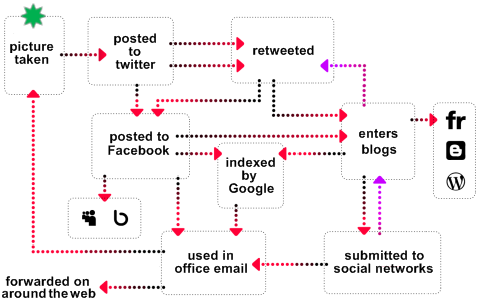Twitter in a nutshell: The student guide

Twitter hasn't really taken off for my generation as there is nothing really of value for us. However from different perspectives, others will find something and many may not. Ultimately, everyone will have a use for Twitter in some form or another; it's just about finding it.
Many people ask me why I use Twitter in a confused manner, but I have an excuse and that I use it for work. It spreads my work around and because tech-minded people use it because, well, they're tech minded people, I can connect with them on a stable level. Plus, when keeping up to date with the latest and breaking news as I've done before then it really adds to the content I have through citizen-provided content.
What is Twitter?
It's like a Facebook status update, just on a different level. It's like texting the entire world at a time, instead of just sending a message to one or a couple recipients. Anyone can reply to you, or re-post your tweet (a message), which is handily called re-tweeting.When I tweet, what happens then?
Well this would be best explained through song and expressive dance, however a flowchart exists via Steve Clayton which I have edited slightly to make it a little easier to read and not to amass you with vast unnecessary information.Why is it for me?
It probably isn't unless you've got something to offer the Twittersphere. That could well be a product you have to sell, an idea you want to promote, a cause you want to support or a hell of a lot of random followers which will bow to your every whim. The chances are, for the average student, you'll get nothing from it.Feel free to try it, but I wouldn't be surprised if it's just another username and password combination you'll end up forgetting in due time as you'll leave it to fallow like a field full of clover.
